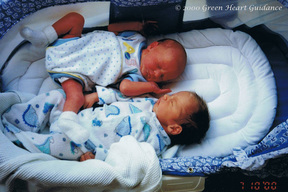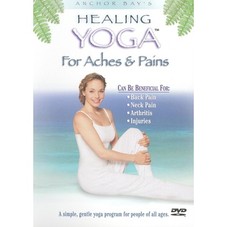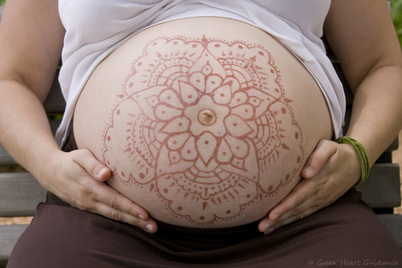
For most of the past year, abortion has been illegal in Texas where I am after a “heartbeat” occurs at 6-6.5 weeks, two weeks after a person misses their period and only four weeks after conception occurred. These rapidly dividing cells are not viable at all. Many people don’t even know they are pregnant at that point. Yet the right wing in our country insists these cells are a baby, not a fetus, as my term child was labeled.
The short version logic of why my child was a fetus and not a baby: to prevent us from claiming a stillborn child on our tax returns. Had she lived for even one second, that tax credit would have kicked in. However, the government wants to make sure we and other bereaved parents didn’t get an ounce of money out of our child’s death. Therefore when it suited them, she became a fetus rather than a baby.
And now, in 30 days, all abortion will be illegal in Texas thanks to Roe v. Wade being overturned. If I should need an abortion due to my advanced age (48) and multitude of health issues that would make carrying a pregnancy to term dangerous for me, I will have to travel many states away, a huge challenge with my health problems. I use birth control when I have sexual partners, but we all know that the only birth control that is 100% effective is abstinence and/or removal of reproductive organs. Even vasectomies and tubal ligations fail. In the cases of rape and incest? Birth control is often not an option for the person with a uterus.
After losing my oldest daughter, I spent a great deal of time on infant loss boards in the early days of the internet. I met so many people who lost children to genetic conditions that were incompatible with life. I met people who chose to have late pregnancy terminations when they discovered their child was not going to live no matter how hard they prayed. Conditions like anencephaly, the absence of a brain, are not compatible with life. None who had late term abortions did so without extreme grief.
There is a huge hypocrisy of conservative leaders. My life and its safety don’t matter, nor do those of any other person who have a uterus. What matters is controlling women. It’s not about babies, as my daughter’s fetal death certificate demonstrates. It’s making sure those with penises control the bodies of those with vaginas.
My throat began screaming as soon as I read about the Roe v. Wade decision. The throat is the seat of our fifth chakra, the place where communication arises from, the place where we often react when we feel unheard. I feel so unheard today, as do so many millions of other Americans who lost the rights to their bodies.
©2022 Elizabeth Galen, Ph.D., Green Heart Guidance, LLC






 RSS Feed
RSS Feed